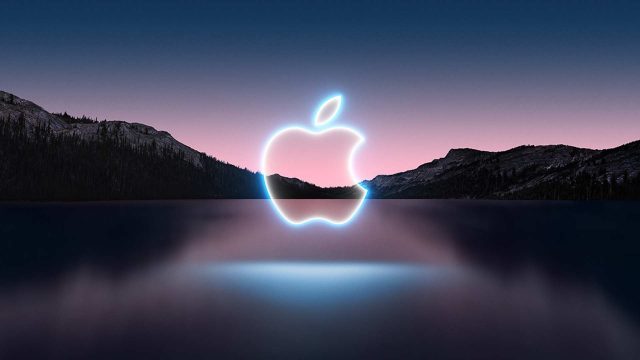Apple’s upcoming VR headset was purportedly slated to arrive sometime this year. Now according to a recent Bloomberg report, those launch plans may be delayed by a few months, potentially pushing release to 2023.
According to the report, Apple’s VR headset was originally set to get its big reveal at Apple’s Worldwide Developers Conference (WWDC) this June, and would be subsequently released sometime later in 2022.
Citing people familiar with the situation, the report maintains that development challenges related to “overheating, cameras and software” have been stumbling blocks, likely pushing its 2022 launch to 2023.
Thermal challenges are owed to the standalone headset’s chipset, which is said to be similar in power to the M1 Pro chip released in the latest MacBook Pro.
It’s said that Apple is sourcing the device’s on-board cameras for passthrough AR from LG Innotek, however production may begin “as early as the second quarter of this year.”
As for software, the standalone is said to run its own operating system called rOS, which is said to focus on communication tools and media consumption.
Bloomberg’s source maintains that the Cupertino-based tech giant is planning to bring focus during its 2023 developer conference to filling out a bespoke virtual and augmented reality app store for the device.
Apple has purportedly informed supply-chain partners of the delay, however vendors have been instructed to have units available at the end of this year in preparation for launch.
Previous reports held that Apple’s upcoming VR headset will have AR capabilities, making it a precursor to its long-rumored full-fledged AR glasses. It’s rumored to be equipped with more than a dozen cameras for room-scale tracking, hand-tracking, eye-tracking, and passthrough AR. The device, which is allegedly fitted with dual 8K displays, is also said to cost $3,000.
Like all things Apple, none of that has been confirmed by the company, so we’ll just have to wait and see what specs and price Apple is targeting.
Meanwhile, Meta (formerly Facebook) is working on its own VR/AR headset, codenamed Project Cambria, which may be positioned as direct competition to Apple’s own when the time comes.
Granted, Meta has been leading the charge with consumer-focused devices that typically fit somewhere around console prices whilst Apple is, well, Apple. If these admittedly tantalizing reports can be believed, it appears both Apple and Meta are using VR headsets with passthrough AR (sometimes referred to as mixed reality) will play out as valuable test beds for future AR glasses—a thus far enterprise-focused segment that’s aiming to eventually replace the smartphone as the dominant portable computing device.


